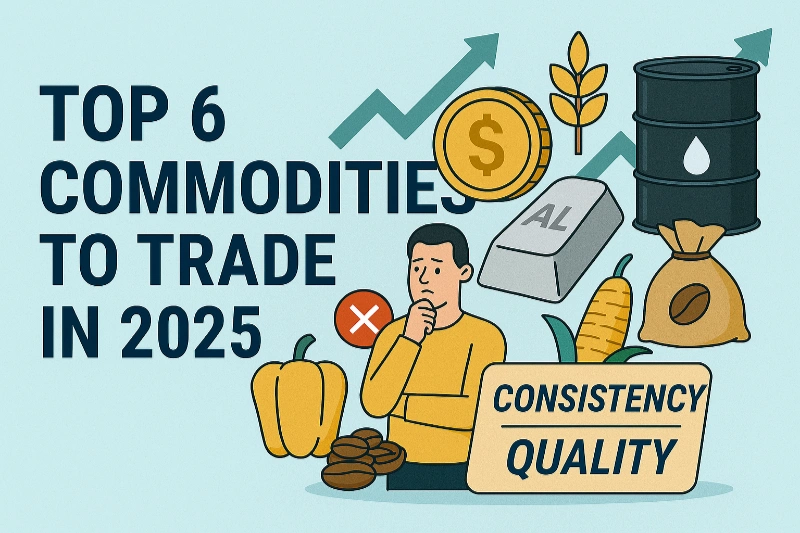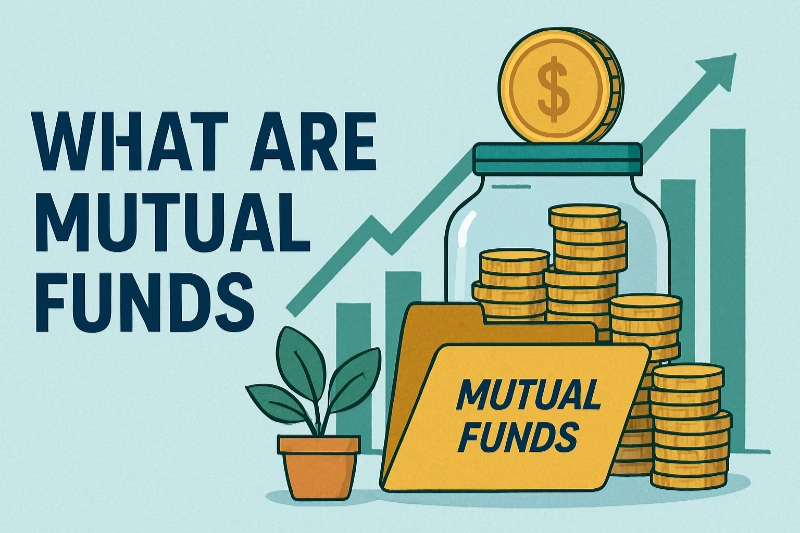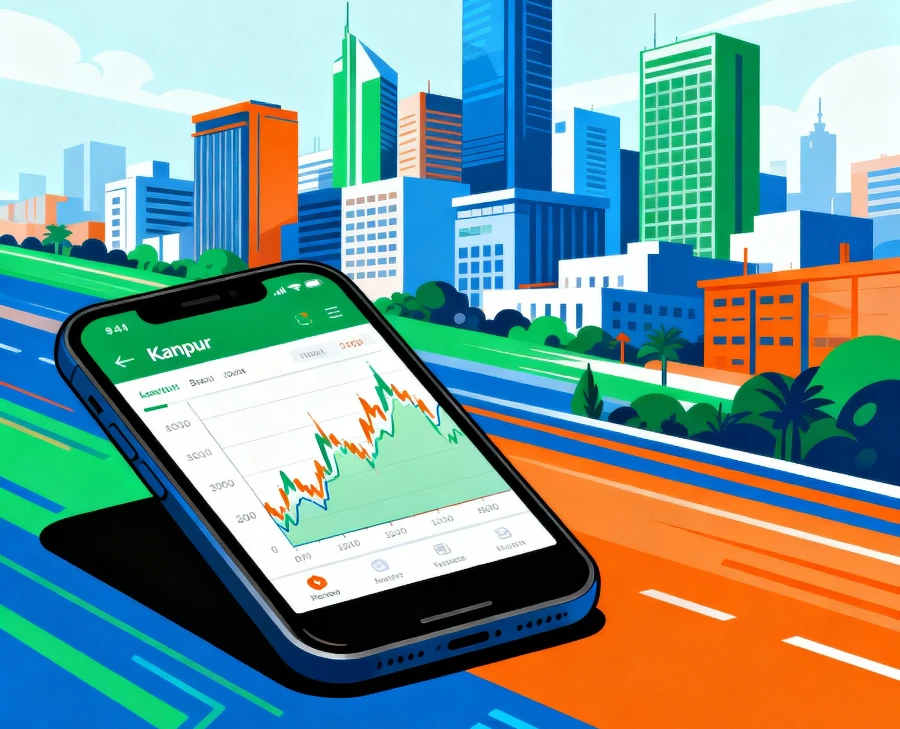Why Commodities Matter in Today’s Market
Commodities—like gold, oil, and cotton—aren’t just raw materials. They’re the lifeblood of global trade and a powerful tool for investors looking to diversify beyond stocks and bonds. Whether you’re hedging against inflation or riding global demand trends, commodities offer tangible value and strategic advantages.
What Makes Commodities So Attractive?
- Inflation Hedge: Assets like gold tend to rise when inflation spikes.
- Portfolio Diversification: Commodities behave differently than equities or bonds.
- Global Demand: Energy, metals, and agriculture are always in demand.
- Tangible Value: Unlike stocks, commodities are physical assets with intrinsic worth.
6 Essential Commodities to Watch
1. Invest in Gold
- Safe-haven during economic uncertainty
- Influenced by inflation, interest rates, and USD strength
- Highly liquid and globally trusted
2. Invest in Crude Oil
- Powers industries and transportation
- Volatile but offers strong trading opportunities
- Affected by geopolitics and renewable energy trends
3. Invest in Natural Gas
- Cleaner energy source
- Seasonal demand impacts pricing
- Futures trading offers speculative potential
4. Invest in Silver
- Dual role: precious metal + industrial use
- Key in electronics and solar tech
- More volatile than gold, ideal for active traders
5. Invest in Copper
- Economic health indicator
- Vital for EVs, construction, and green tech
- Strong correlation with global growth
6. Invest in Cotton
- Backbone of the textile industry
- Seasonal and weather-sensitive
- Futures trading can be profitable with timing
Key Factors That Influence Commodity Prices
| Factor | Impact on Prices |
| Supply & Demand | Core driver of price movement |
| Geopolitical Events | Can cause sudden spikes or drops |
| Weather Conditions | Crucial for agricultural commodities |
| Technological Shifts | Alters demand for energy and metals |
| Currency Fluctuations | USD strength affects global pricing |
FAQs About Commodity Trading
Q1: What is commodity trading?
A: It’s the buying and selling of raw materials like metals, energy, and agricultural goods—often via futures or options contracts.
Q2: How do I start trading commodities in India?
A: Open a trading account with a SEBI-registered broker, complete KYC, and fund your account. You can trade on MCX, NCDEX, or NSE.
Q3: Is commodity trading risky?
A: Yes, due to price volatility, geopolitical events, and leverage. But with research and risk management, it can be rewarding.
Q4: Can I trade commodities online?
A: Absolutely. Most brokers offer online platforms for real-time trading, analysis, and portfolio tracking.
Q5: Do I need to take physical delivery?
A: Not usually. Most trades are settled in cash unless you opt for physical delivery in specific contracts.
Q6: What are the trading hours for commodities in India?
A: Typically 9:00 AM to 11:30 PM for non-agricultural commodities. Agricultural commodities close earlier.



